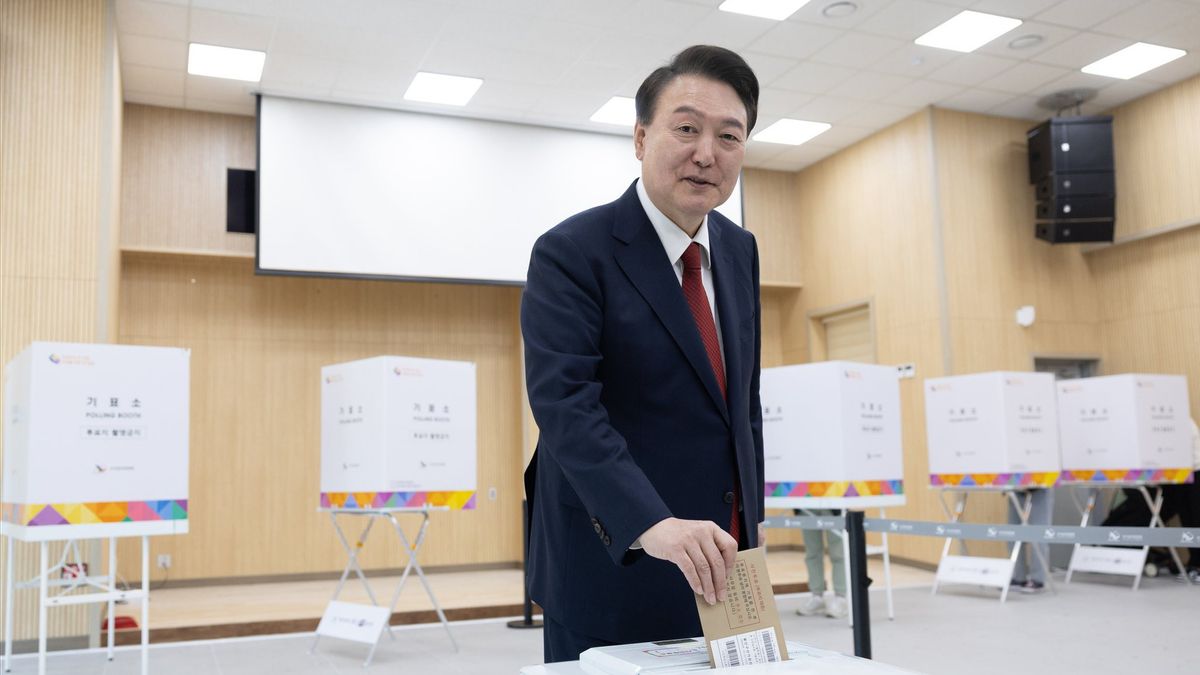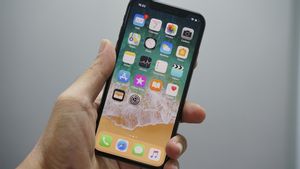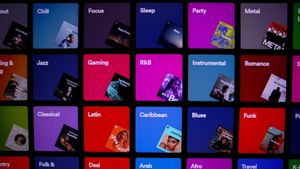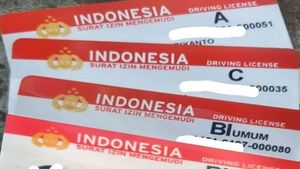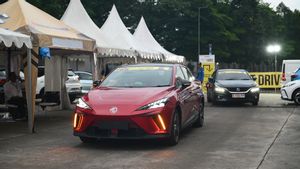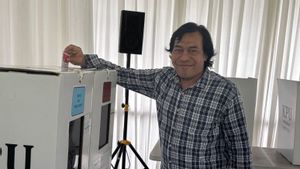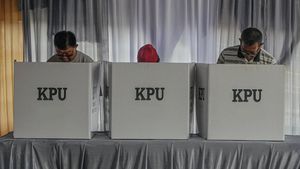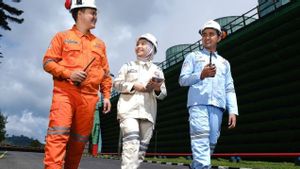JAKARTA - South Korean President Yoon Suk Yeol announced on Tuesday, April 9, that his country will invest 9.4 trillion won (IDR 110.2 trillion) in artificial intelligence (AI) in 2027 as part of efforts to maintain a leading global position in the production of the latest semiconductor chips.
The announcement, which also includes separate funds of 1.4 trillion won to advance AI semiconductor companies, comes as South Korea seeks to continue to align with countries such as the United States, China, and Japan, which also provide massive policy support to strengthen the semiconductor supply chain in their own territory.
Semiconductor is the main foundation of South Korea's export-oriented economy. In March, chip exports reached their highest level in 21 months of 11.7 billion US dollars (IDR 185.9 trillion), or nearly a fifth of the total exports sent by Asia's fourth-largest economy.
"Current competition in semiconductors is an industrial war and total war between countries," Yoon said at a meeting of chip industry policymakers and executives on Tuesday.
"By allocating investment and funds, South Korea plans to significantly expand research and development in AI chips such as artificial neural processing units (NPUS) and next-generation high bandwidth memory chips," the government said in a statement.
South Korean authorities will also promote the development of next-generation artificial intelligence (AGI) and safety technologies that go beyond existing models.
SEE ALSO:
Yoon has set a target for South Korea to become one of the top three countries in AI technology including chips, and take a global semiconductor system market share of 10% or more by 2030.
"Just as we've dominated the world with memory chips over the past 30 years, we're going to write a new semiconductor myth with the AI chip in the next 30 years," Yoon said.
Yoon also noted that the impact of the recent earthquake in Taiwan, which is a global leader in semiconductors, on South Korean companies is currently still limited, but he ordered careful preparations for uncertainty.
The English, Chinese, Japanese, Arabic, and French versions are automatically generated by the AI. So there may still be inaccuracies in translating, please always see Indonesian as our main language. (system supported by DigitalSiber.id)
